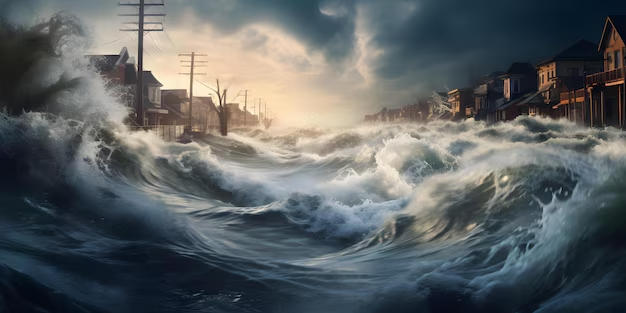
Putting Major International News into Personal Context
🧭 Introduction: The World on Edge
You’ve likely felt it in the air: prices are climbing, storms are stronger, and headlines grow more intense by the day. From record-breaking heatwaves to global financial volatility, the world seems to be shifting—fast.
That’s because we are living in what many global institutions now refer to as a period of polycrisis—a convergence of multiple large-scale emergencies such as climate disruption, political instability, economic shocks, and cyber insecurity. It’s no longer one problem at a time. It’s overlapping chaos, and the alert level is rising.
But here’s the twist: While these crises seem far away—something happening “over there”—they’re already reshaping your daily life. And Alerting News is here to explain how these global emergencies affect you, your family, your finances, and your future.
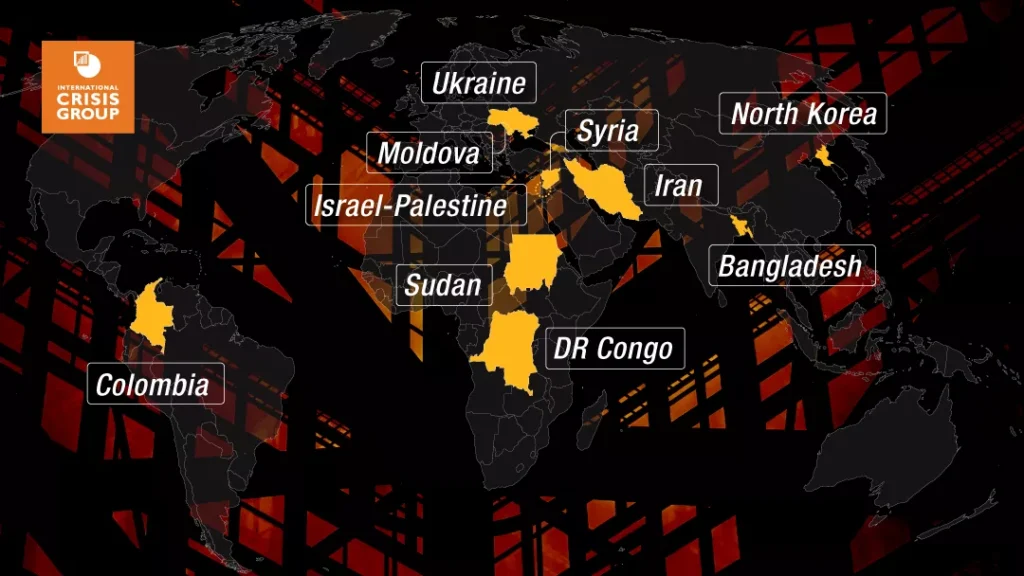
🌍 What Is a Global Crisis, Really?
A global crisis isn’t just about headlines—it’s about a breakdown in stability that affects the systems we rely on:
- Climate Crisis: Extreme weather, water shortages, food insecurity
- Geopolitical Conflict: Wars, cyberattacks, refugee crises
- Economic Volatility: Supply chain breakdowns, inflation, unemployment
- Health Emergencies: Pandemics, vaccine gaps, medical supply disruptions
Each of these on their own is dangerous. But today, they’re stacked, like dominoes—one triggering the next.
“We are now in an era where crises are interconnected, compounding each other with rapid speed.” — United Nations Global Risk Report, 2025
💸 The Crisis in Your Wallet: Economic Impact
The global crisis is squeezing households everywhere. Here’s how it’s draining your budget:
1. Inflation
- Energy prices up 30–70% in some regions
- Grocery bills rising globally due to droughts and supply disruptions
2. Interest Rates
- Central banks raise rates to control inflation
- Mortgage payments and loan costs increase
- Credit card debt becomes harder to manage
3. Job Security
- Tech layoffs, startup funding shortages, and factory shutdowns
- Gig workers and freelancers particularly vulnerable
“Global instability means personal instability—your job, your bills, your stress levels all reflect the bigger picture,” says economist Naila Kwan.
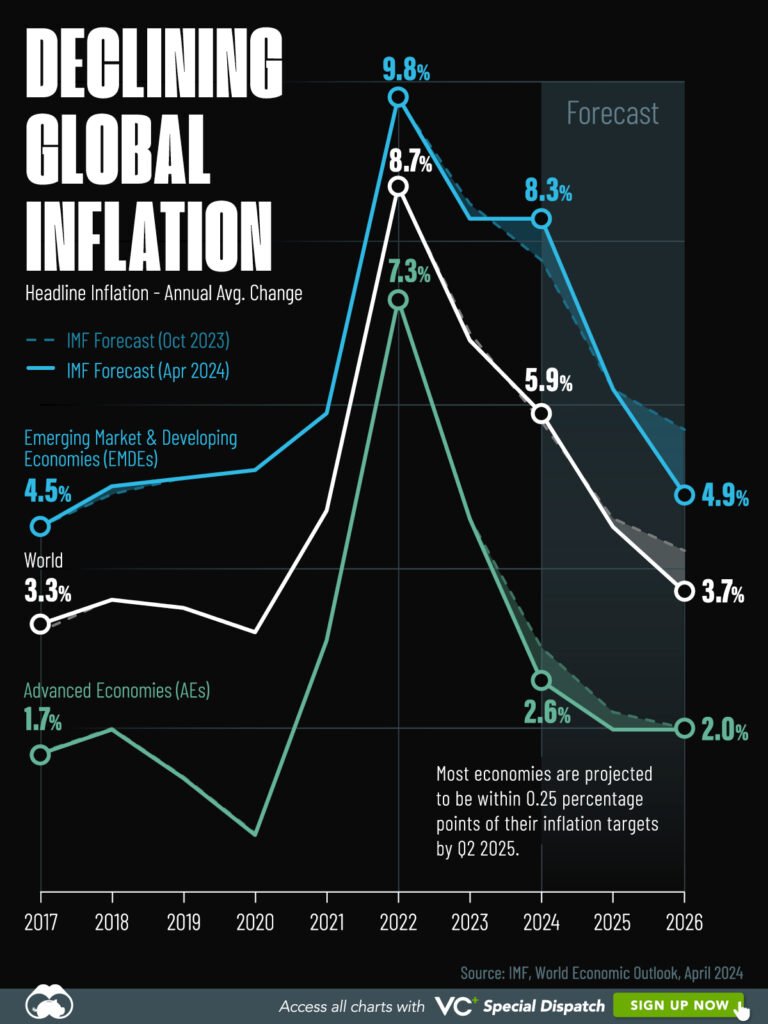
🌡️ Climate Crisis: When the Weather Hits Home
You don’t need to believe in climate change to feel its effects:
- Longer summers = higher AC costs
- Heavy rain = flash floods + home damage
- Droughts = higher food prices + wildfire risk
Real Examples:
- Pakistan’s floods displaced 30 million people
- California wildfires cost $18 billion in damages
- Kenya’s drought killed 2 million livestock
These aren’t distant disasters. They’re signals—the climate system is under pressure.
Health Impacts
- Respiratory issues from wildfire smoke
- Disease outbreaks post-floods
- Waterborne illnesses from infrastructure damage
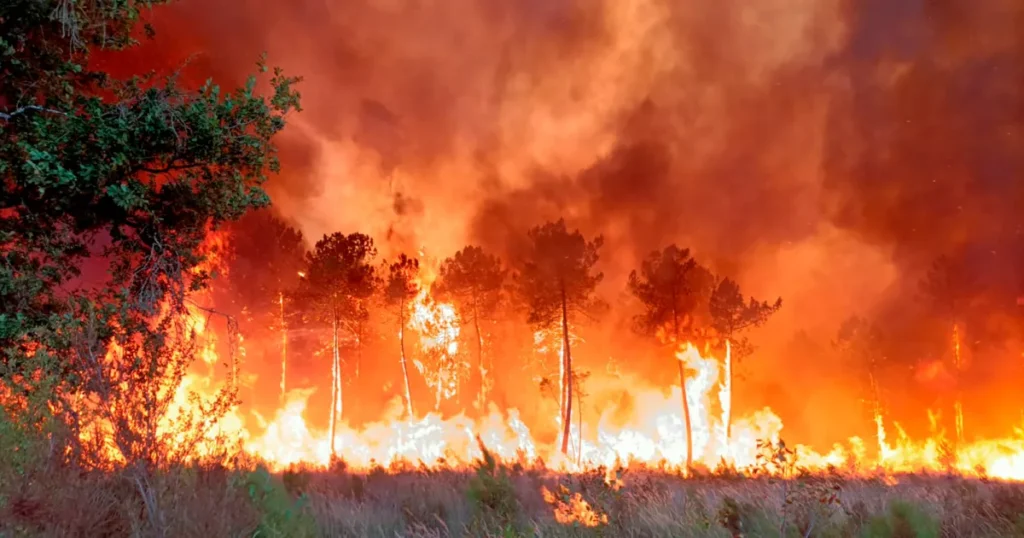
🛰️ Digital Crisis: The Cyber Frontier
We live online—but so do today’s threats.
Recent Incidents:
- A ransomware attack in 2024 shut down 30% of global shipping
- Major banks suffered coordinated cyberattacks
- Identity theft rose 200% between 2022–2025
“Cybersecurity is now a form of national defense,” says digital analyst Joseph Raines.
What You Can Do:
- Use encrypted password managers
- Avoid public Wi-Fi for sensitive tasks
- Keep software updated—always
This isn’t paranoia. It’s digital self-defense.🌐 Political Unrest & Social Disruption (400 words)
As crises mount, so does political instability:
- Military coups in 6 countries in 2024
- Protests over food prices in dozens of capitals
- Rise of authoritarian governments and crackdowns on speech
These shifts cause:
- Migration surges (climate + conflict refugees)
- Food and fuel hoarding
- Polarization at home and online
You might not be at the front line—but instability has a way of reaching everyone through higher costs, panic buying, and disinformation.

🧠 Mental Health Crisis: The Invisible Emergency ()
While these crises rage, a quieter one brews inside us.
- Depression rates up 30% worldwide
- Teen anxiety now considered a “global epidemic”
- Access to therapy and mental health resources remains unequal
Signs of the Times:
- Doomscrolling addiction
- Sleep disruption
- Financial stress burnout
What Helps:
- Limit news intake to twice daily
- Use journaling or meditation apps
- Speak openly about stress with family or support groups
It’s okay not to be okay—but it’s essential to talk about it.

🏘️ How to Prepare (Without Panicking)
Being informed means you can act—calmly and wisely. Here’s how:
1. Emergency Kit
- 3-day supply of water, food, meds
- Flashlight, batteries, copies of ID
- Solar charger for phones
2. Home Upgrades
- Elevate sockets against floods
- Fireproofing in high-risk zones
- Backup power sources if possible
3. Financial Safety
- Build a small emergency fund
- Diversify income (remote gigs, side skills)
- Review your insurance coverage
4. Digital Literacy
- Spot fake news
- Avoid phishing traps
- Backup important documents to cloud
“Preparedness isn’t paranoia. It’s peace of mind.” — Red Cross International
📍 Regional Spotlight: How Crisis Feels Around the World
North America:
- Wildfires, cyberattacks, housing inflation
South Asia:
- Floods, food insecurity, power cuts
Africa:
- Droughts, conflict-driven migration
Europe:
- Heatwaves, refugee surges, populist movements
South America:
- Water shortages, economic protests, supply chain disruption
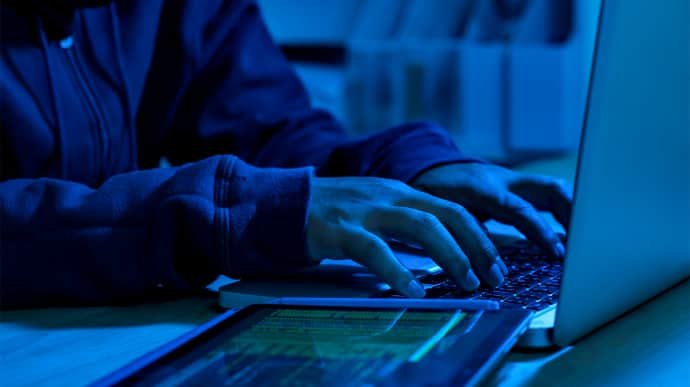
🧩 What the Future Holds
Experts say we face a “critical decade.” What unfolds next depends on:
- How governments cooperate (or don’t)
- Whether industries reduce emissions
- If people take resilience seriously
Technological breakthroughs are helping:
- AI for disaster response
- Drones for medical delivery
- Green energy gains
But without strong public support and policy action, the crises will keep multiplying.
🙋♀️ What You Can Do Today
Start where you are:
- ✅ Talk to neighbors about preparedness
- ✅ Support factual journalism (like Alerting News!)
- ✅ Reduce waste, reuse, conserve
- ✅ Vote for crisis-resilient leadership
- ✅ Educate kids early—resilience is a skill






